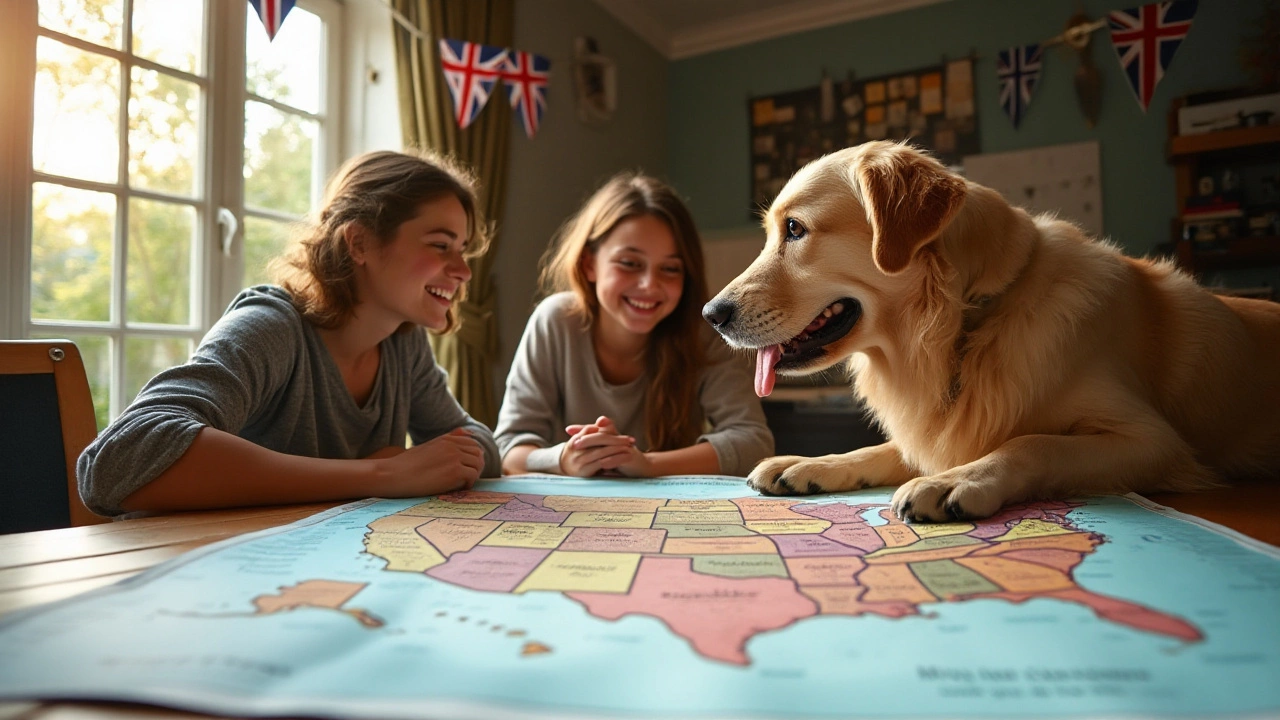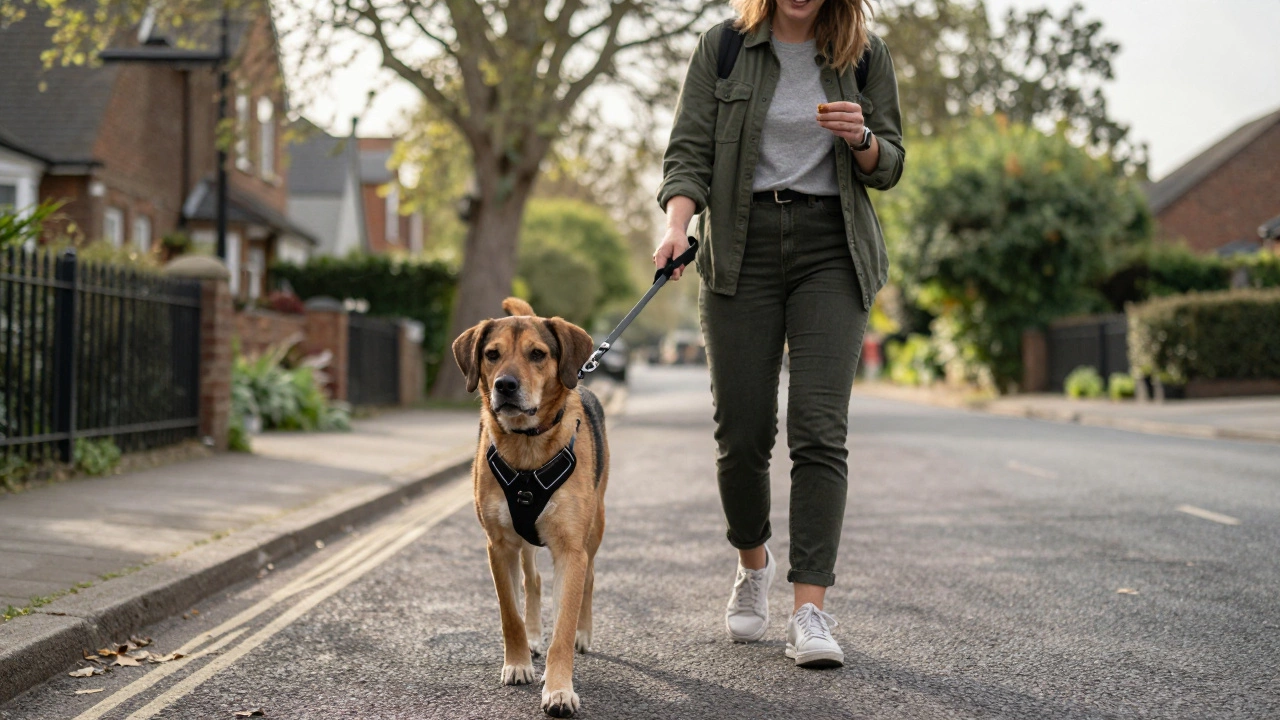Animal Protection: Simple Steps to Keep Dogs and Cats Safe
When you hear the word "protection" you probably think of big campaigns, but real change starts with everyday actions. Whether you own a pet, walk a neighbour’s dog, or just love animals, there are clear things you can do to stop cruelty and give pets a better life.
Spot the Signs of Trouble and Report Fast
First, learn the red flags. A dog that’s always chained, has missing fur, or looks scared around people could be in a bad environment. Cats kept in tiny cages, missing food or water, or showing signs of injury are also warning signs. If you see any of these, call your local council or the RSPCA right away. Most areas have a free 24‑hour hotline, and a quick call can stop suffering before it gets worse.
Don’t wait for proof. A suspicious smell, a pile of waste in a yard, or a neighbour constantly yelling at a pet are enough to trigger an investigation. Keep a note of the address, times you saw the problem, and any photos you can take without putting yourself in danger.
Support Shelters and Fight Puppy Mills
One of the biggest threats to dogs in the UK are puppy mills. These places breed dogs in cramped conditions, then sell them cheaply. Unsold pups often end up euthanised or abandoned. The article "Unsold Dogs in Puppy Mills: What Really Happens and How to Help" breaks down the whole process and shows you how to report a mill.
When you adopt, choose a local shelter or rescue. They usually have health checks, vaccinations, and spay/neuter work already done. This cuts down on stray populations and takes pressure off illegal breeders.
If you’re not ready to adopt, consider fostering. Shelters need temporary homes for puppies, kittens, and senior dogs. Fostering gives animals a chance to learn social skills before they find a forever home.
Donating money or supplies also makes a huge impact. Food, blankets, and cleaning products are always needed, and many shelters list exactly what they need on their websites.
Beyond shelters, you can help by buying from reputable breeders who follow the Breeders' Code of Conduct. Look for health guarantees, regular vet visits, and a clean environment. If a deal sounds too good to be true, it probably is.
Responsible pet ownership is a big part of animal protection too. Keep your dog on a leash in public, use a secure collar, and never leave a pet alone in a hot car. Regular vet visits, proper nutrition, and mental stimulation (like puzzle toys) keep pets healthy and less likely to develop behaviour problems that can lead to abandonment.
Feeding your dog the right food matters. Articles such as "Should I Add Supplements to My Dog's Food?" and "Is Peanut Butter Safe for Dogs?" give clear guidance on what’s helpful and what can harm. Stick to balanced diets and avoid giving treats that contain harmful ingredients like xylitol or excessive salt.
For cats, knowing the right portion size is key. The piece "Is One Can of Friskies Enough for Your Cat?" shows how to read labels and adjust portions based on age and activity level.
Lastly, share what you learn. Talk to friends, family, and neighbours about animal welfare. The more people know how to spot abuse and what steps to take, the safer our community becomes.
Animal protection isn’t a single big act; it’s a series of small, everyday choices. By watching for warning signs, reporting quickly, supporting shelters, choosing ethical sources, and giving pets proper care, you become part of the solution. South Tyneside has plenty of resources—use them, spread the word, and watch the difference grow.
Where Leaving Dogs in Cars is Illegal in the U.S.
When planning a dog-friendly holiday, it's crucial to know the legal restrictions about leaving pets in cars. With varying laws across the United States, dog owners need to be aware of how these regulations can impact their travel plans. Some states impose strict penalties to protect animals from the dangers of being left unattended in vehicles. This article explores the states with laws against leaving dogs in cars and provides guidance for traveling pet owners.






